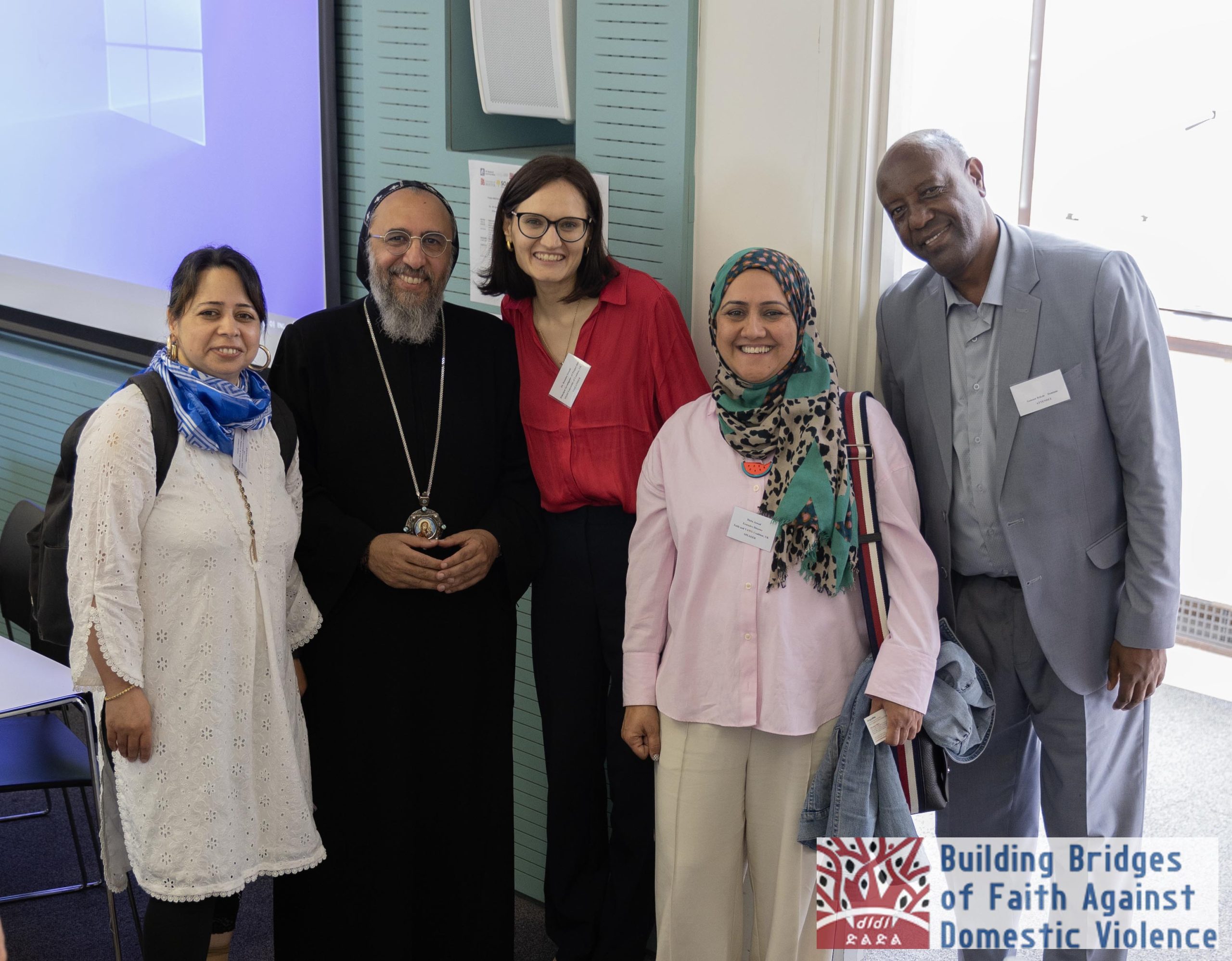This language is currently in review and will be available soon!
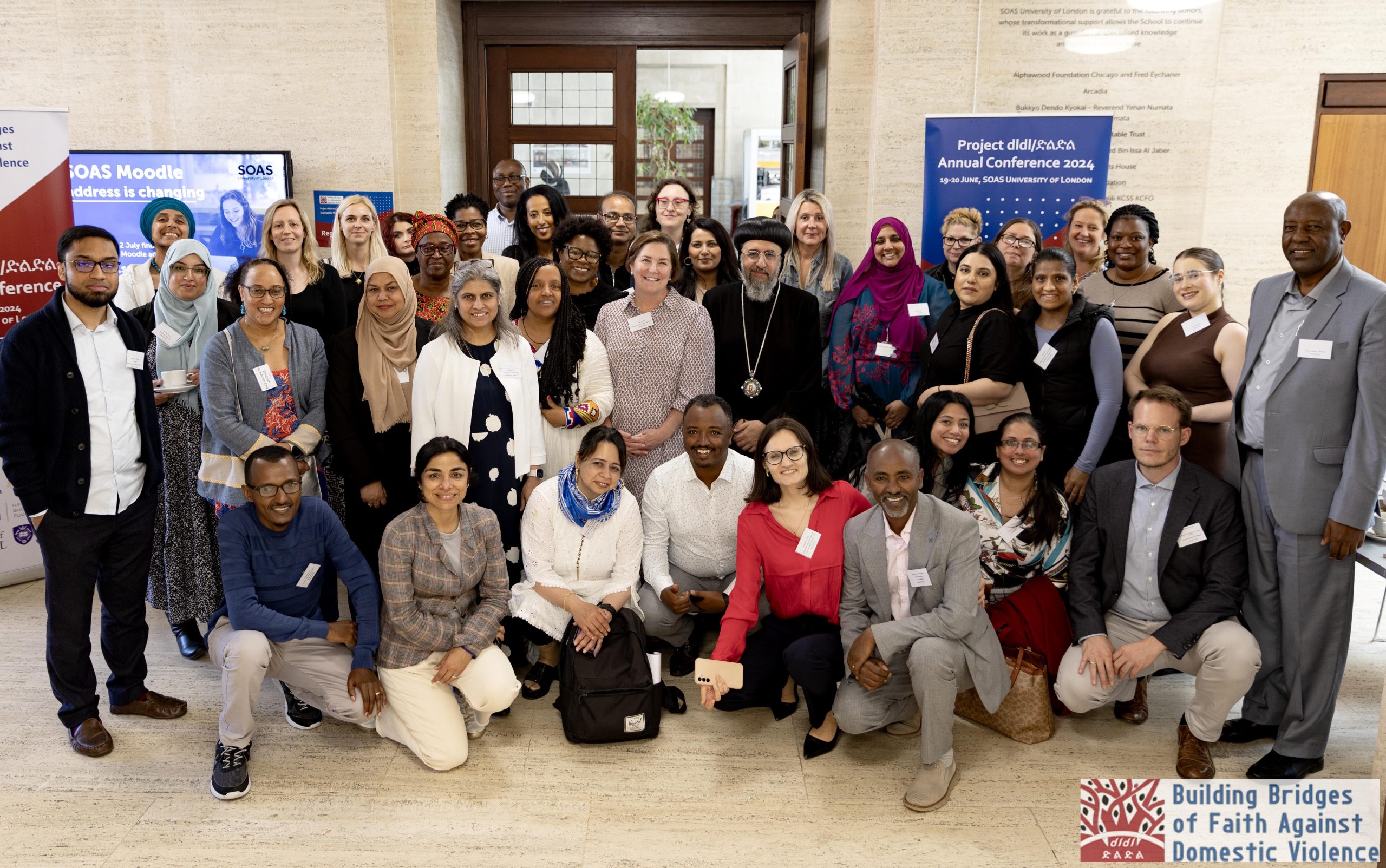
On June 19-20 Project dldl/ድልድል held its Annual Conference 2024 on the topic ‘Domestic Violence, Religion and Migration: Integrating cultural and religious diversity in UK domestic violence and abuse services and developing a future roadmap for the sector.’
The aim of the conference was to build bridges between domestic violence and abuse (DVA) researchers, secular DVA providers, religious institutions and ‘by and for’ organisations catering to specific religio-cultural communities to move the conversation around faith-sensitive and culturally appropriate responses in the UK forward and to delineate a concrete roadmap of priority areas to be addressed collectively by the sector. It also sought to enlarge knowledge and good practices in the UK by channelling into the conversations knowledge and experience from numerous African countries, including Ethiopia and South Africa.
The conference was attended by about 80 participants from at least 15 different organisations, the majority working in DVA services provision in the UK, and catering to diverse faith communities. Organisations and initiatives represented at the conference included the Faith and VAWG Coalition, Respect, Restored, Safe in Faith, Imams Against Domestic Violence, AMINA, FORWARD, Black Churches Domestic Abuse Forum, Sikh Women’s Aid, Coaction Hub (a partnership between Standing Together & Asian Women’s Resource Centre), the Dahlia Project (delivered by Peterborough Women’s Aid and evaluated by Dr Mirna Guha at Anglia Ruskin University), EMIRTA Research, Training and Development Institute in Ethiopia, Fnot Psychosocial Counselling Charitable Organization in Ethiopia, and others. Numerous universities from the UK and South Africa were also represented in the room.
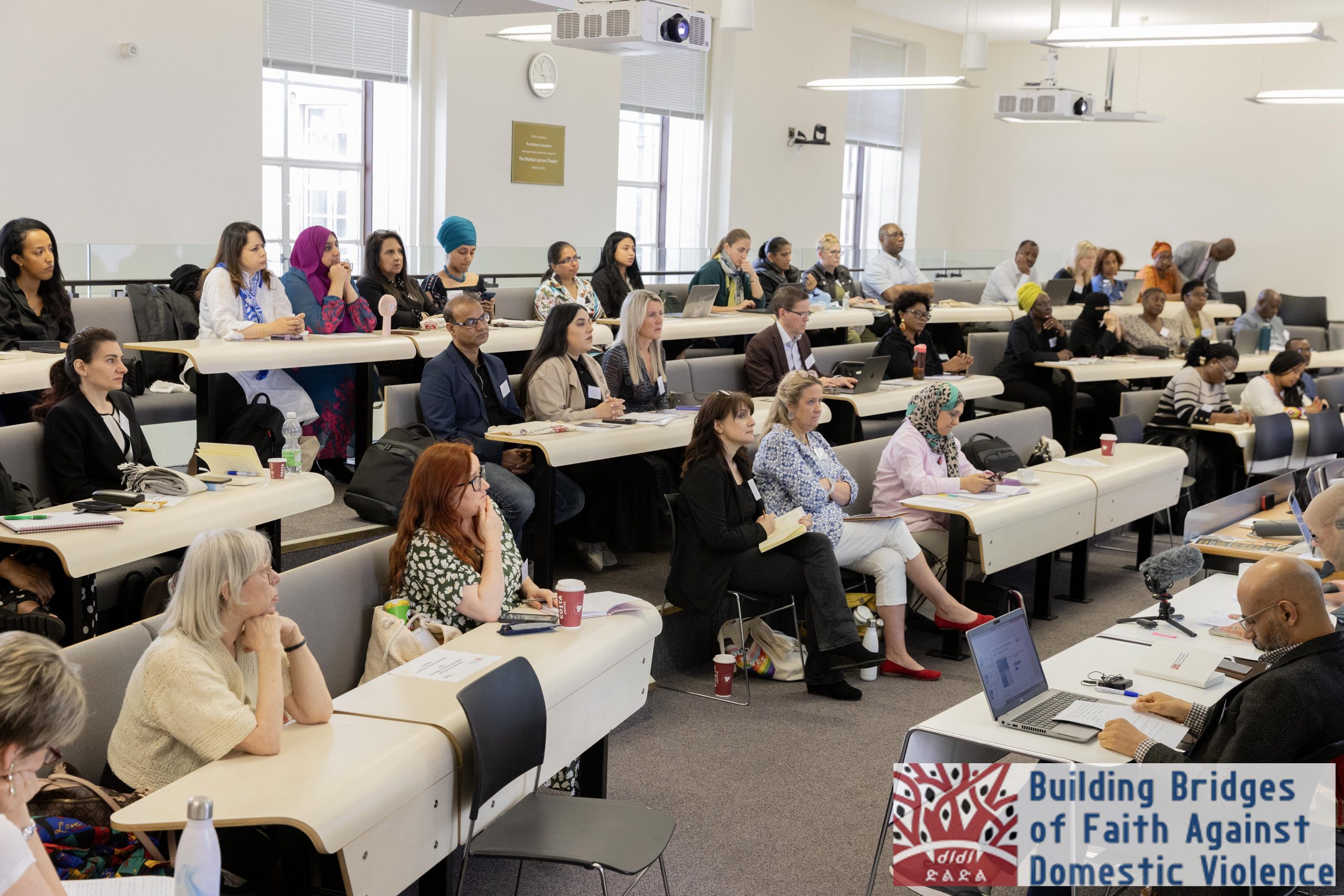
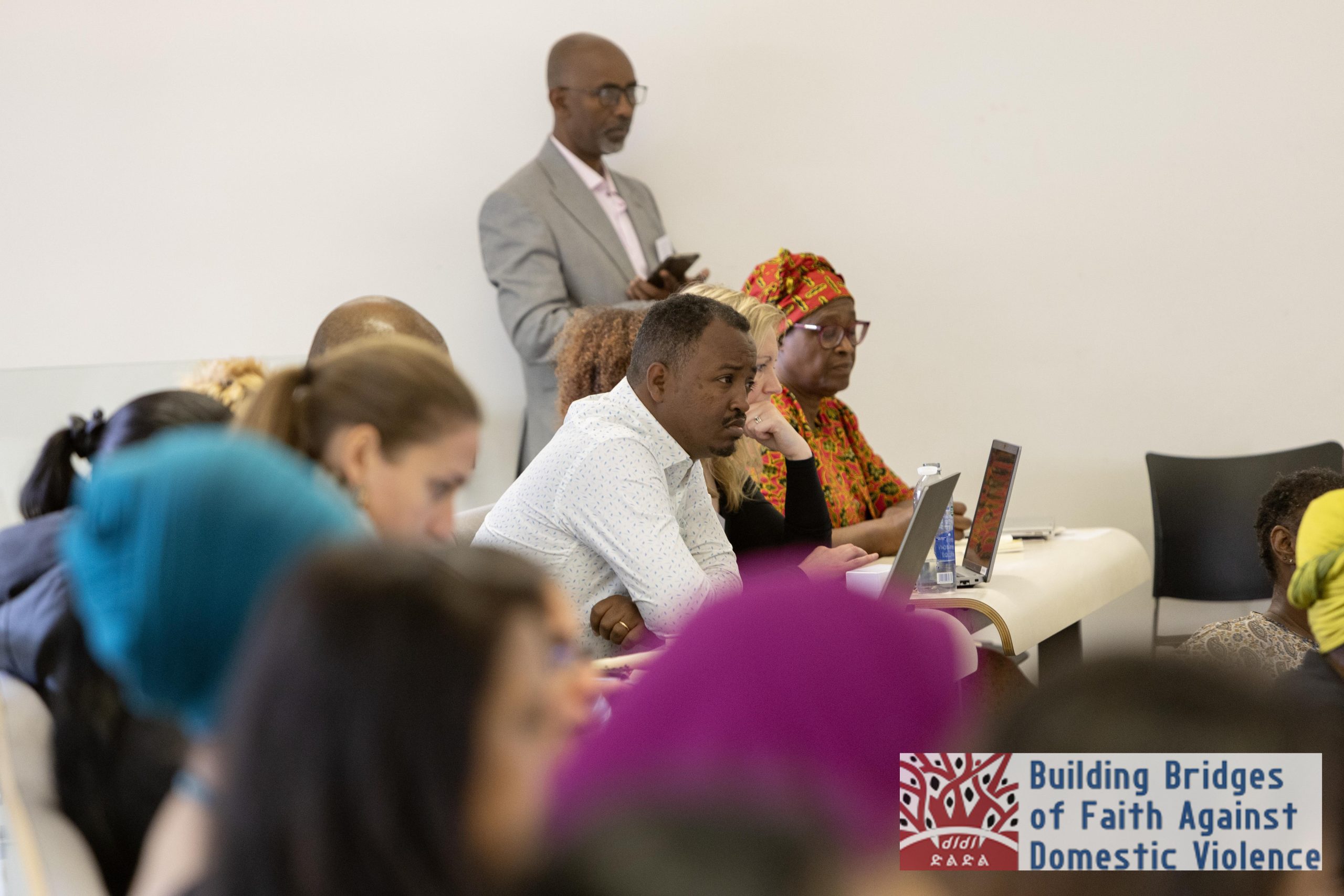
Highlights included an introduction by Dr Romina Istratii, Principal Investigator of Project dldl/ድልድል and main organiser of the event, a keynote by Huda Jawad, the co-founder and Executive Director of the Faith and VAWG Coalition, the attendance of Nicole Jacobs, the UK’s Domestic Abuse Commissioner, and a talk by Archbishop Angaelos of the Coptic Orthodox Church in London on the role of the Church and faith in preventing and responding to DVA.
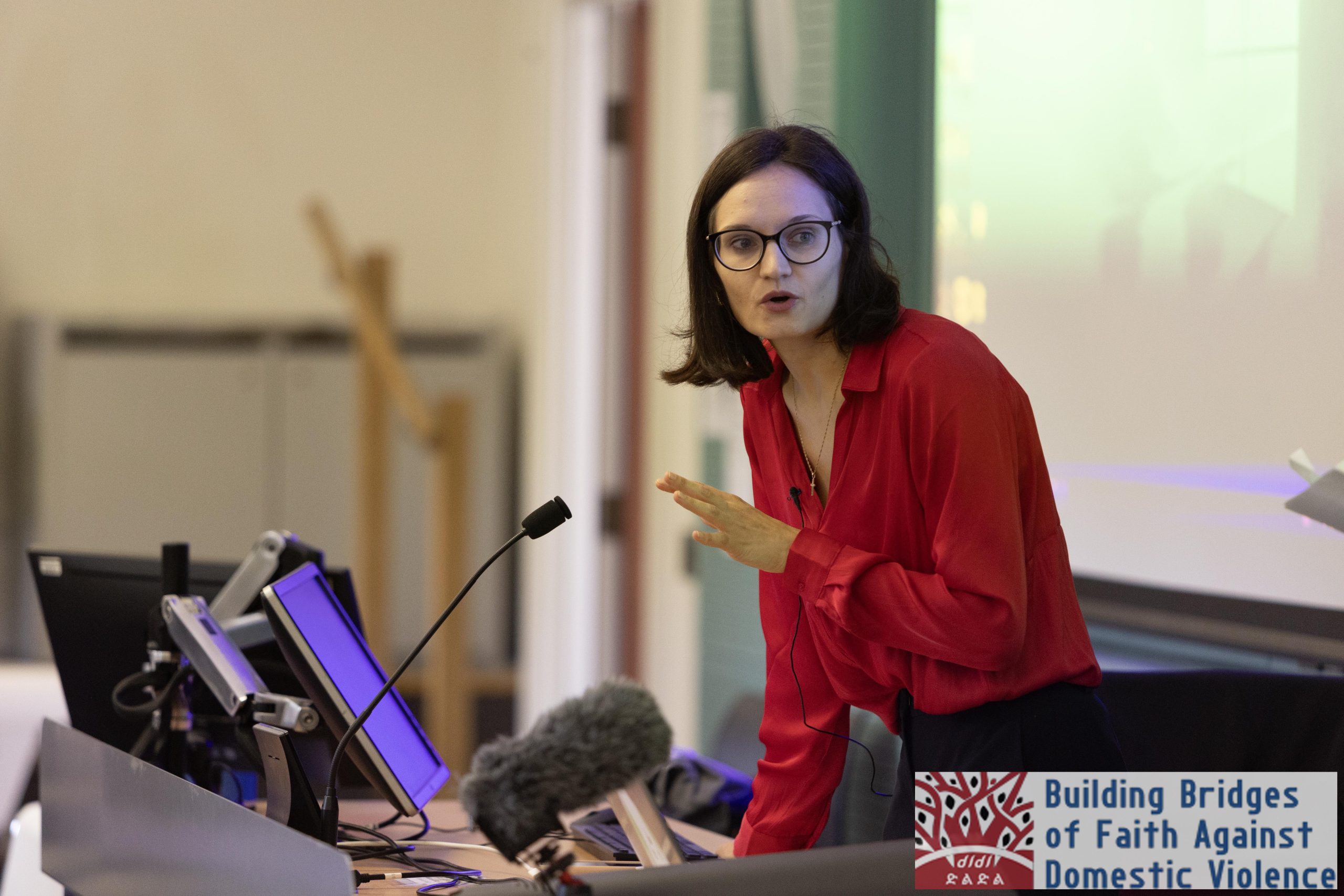
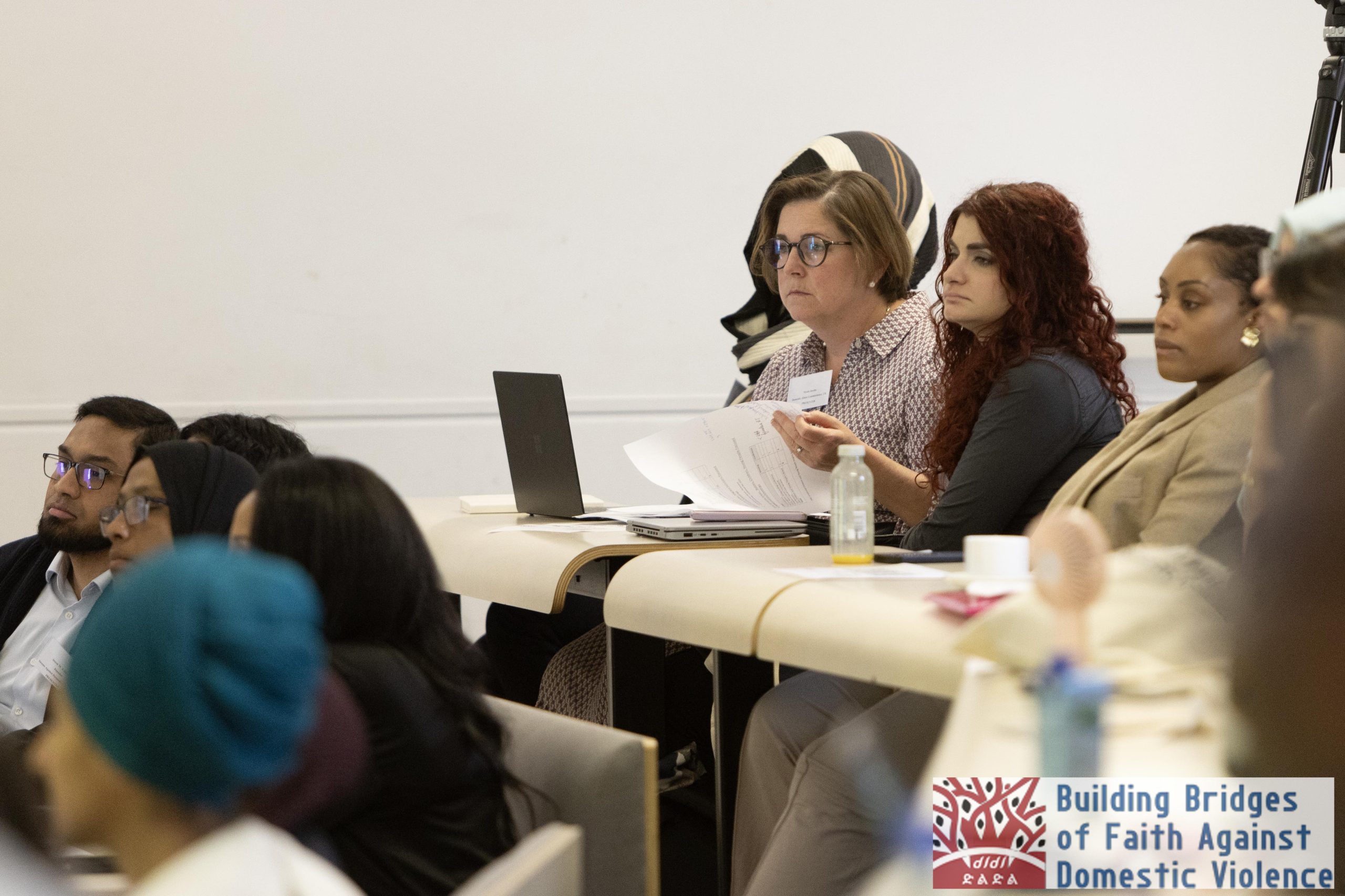
The conference comprised of evidence-based sessions presented by researchers and practice-oriented workshops facilitated by practitioners from leading DVA service providers, including ‘by and for’ organisations, and concluded with a roundtable to identify priority areas and opportunities for collaboration and collective action. Throughout the conference ample time was left for networking, knowledge sharing and partnerships-building.
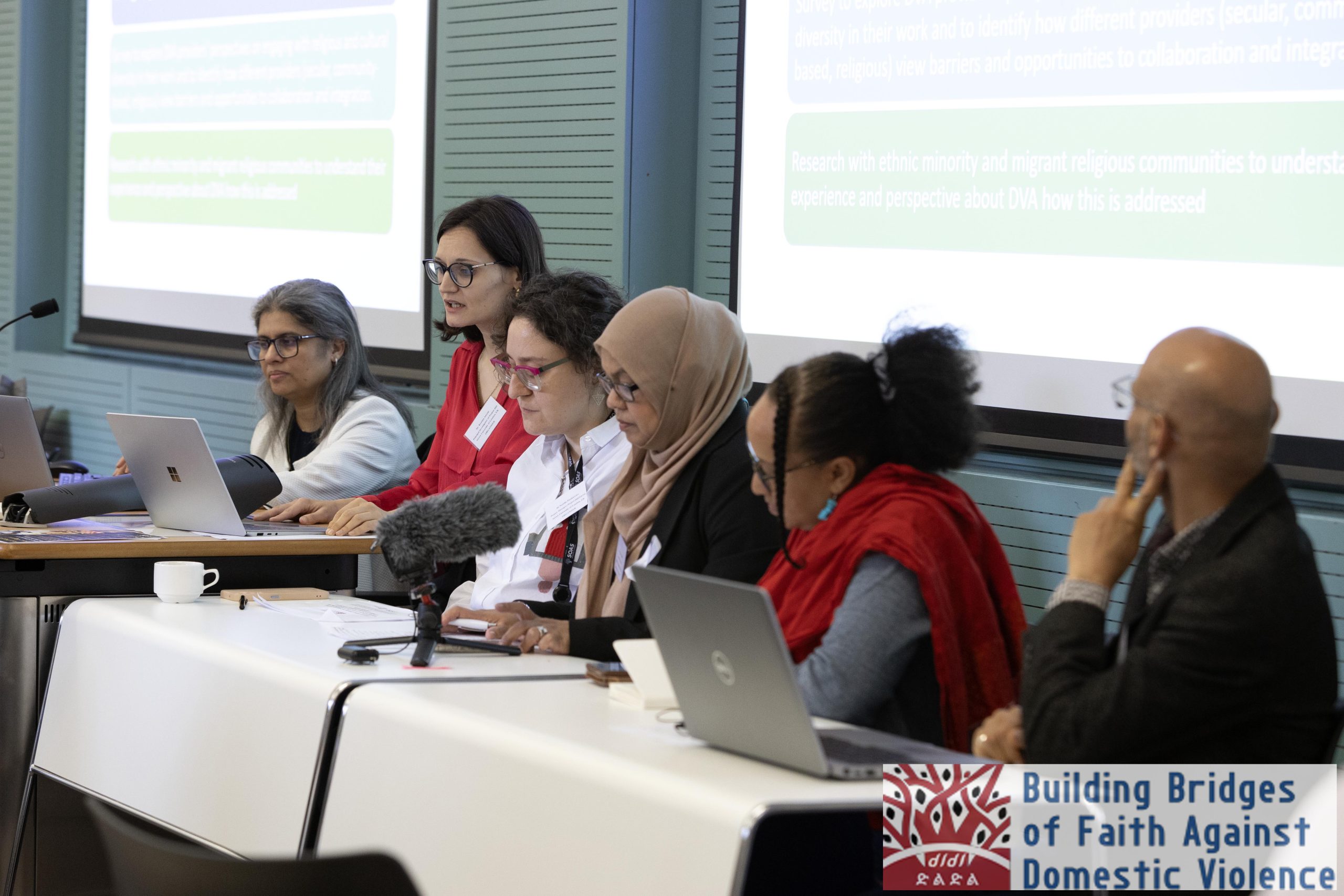
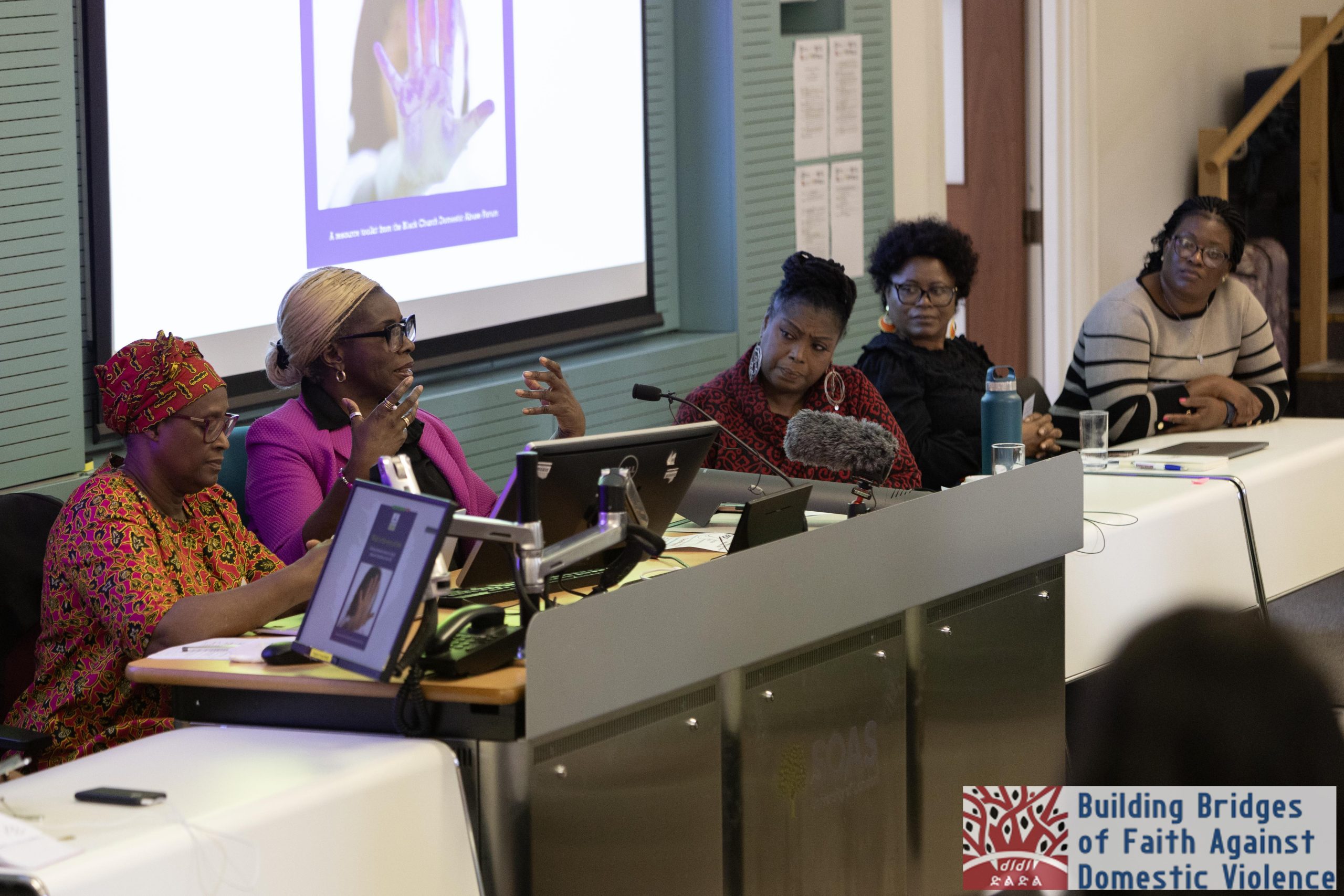
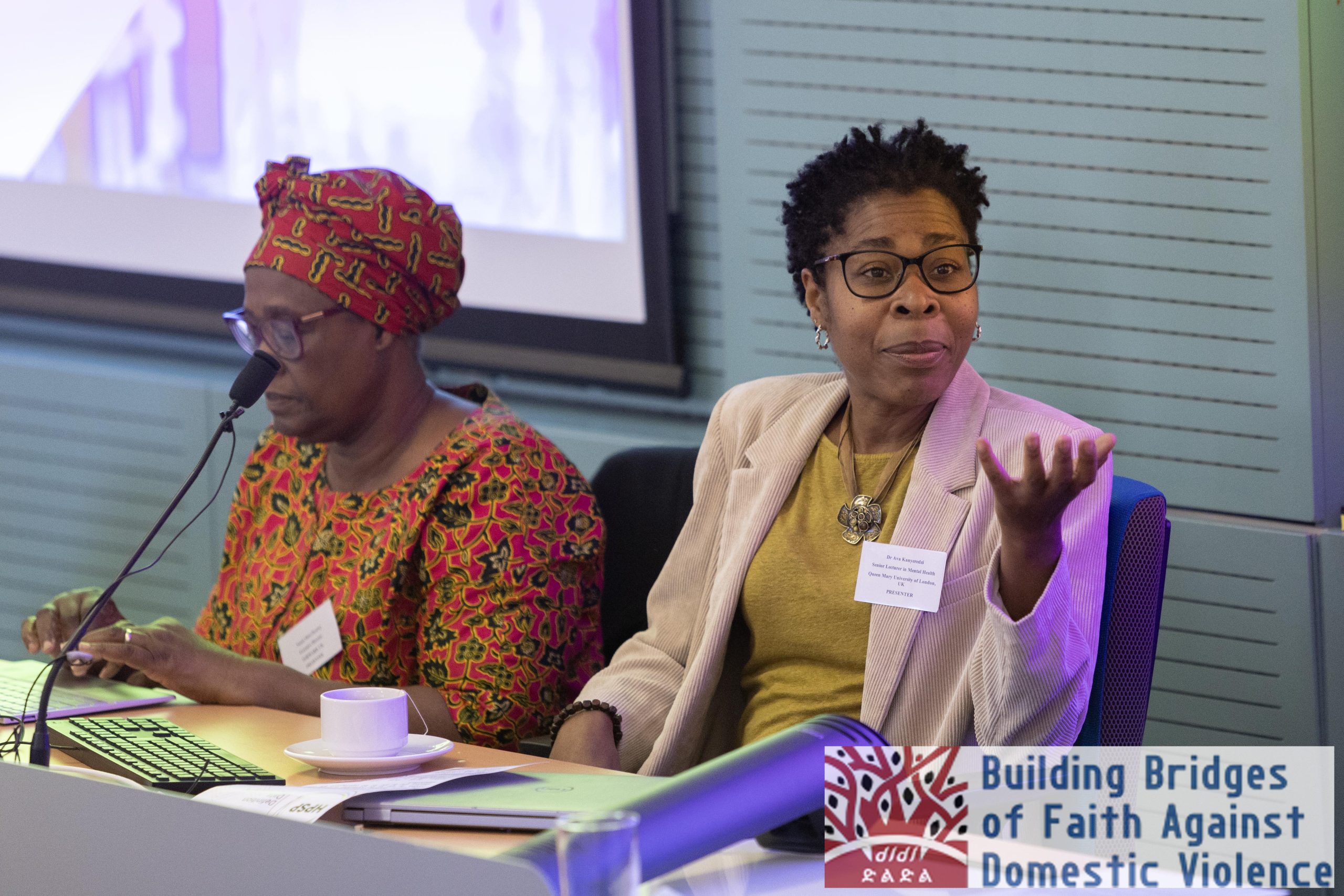
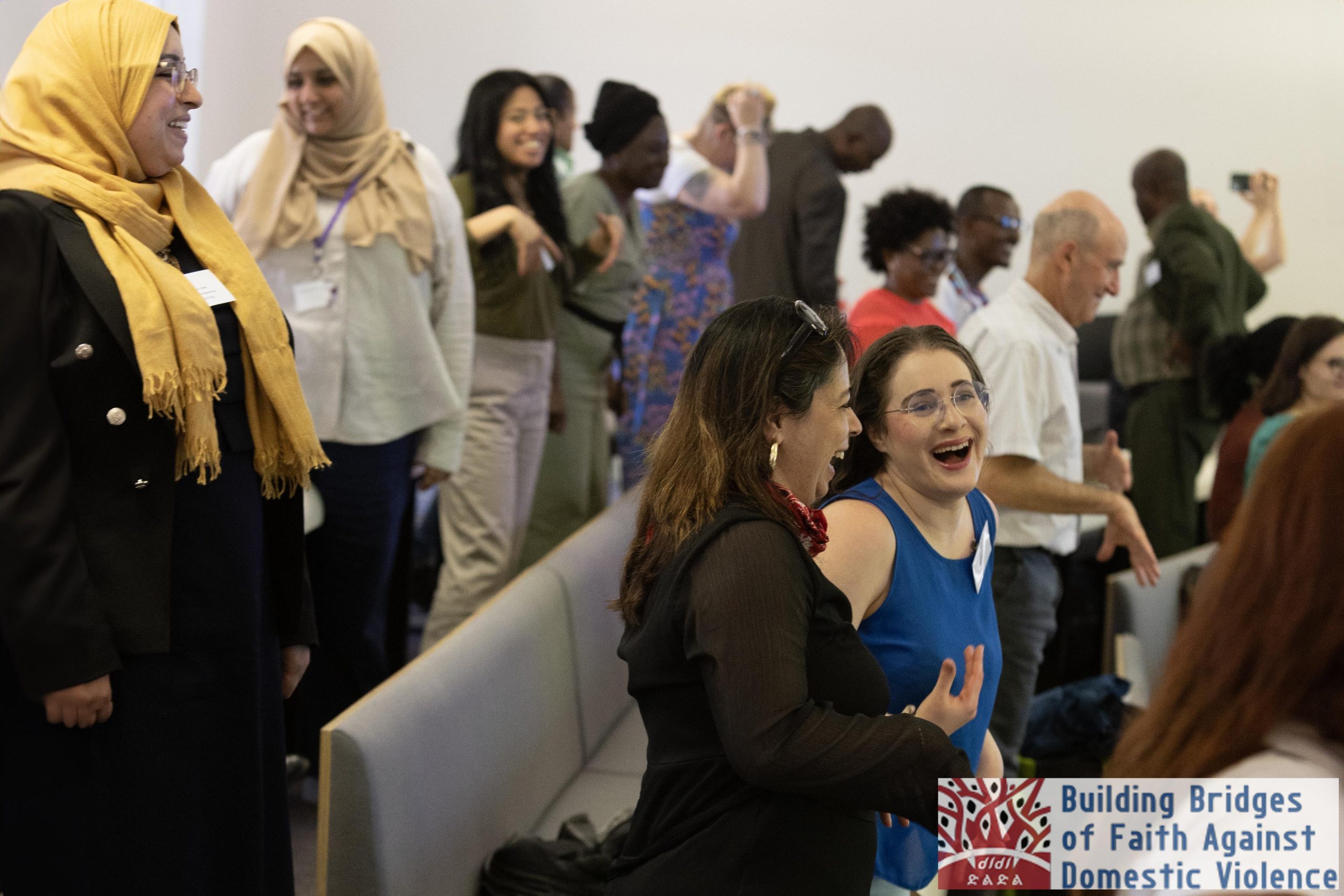
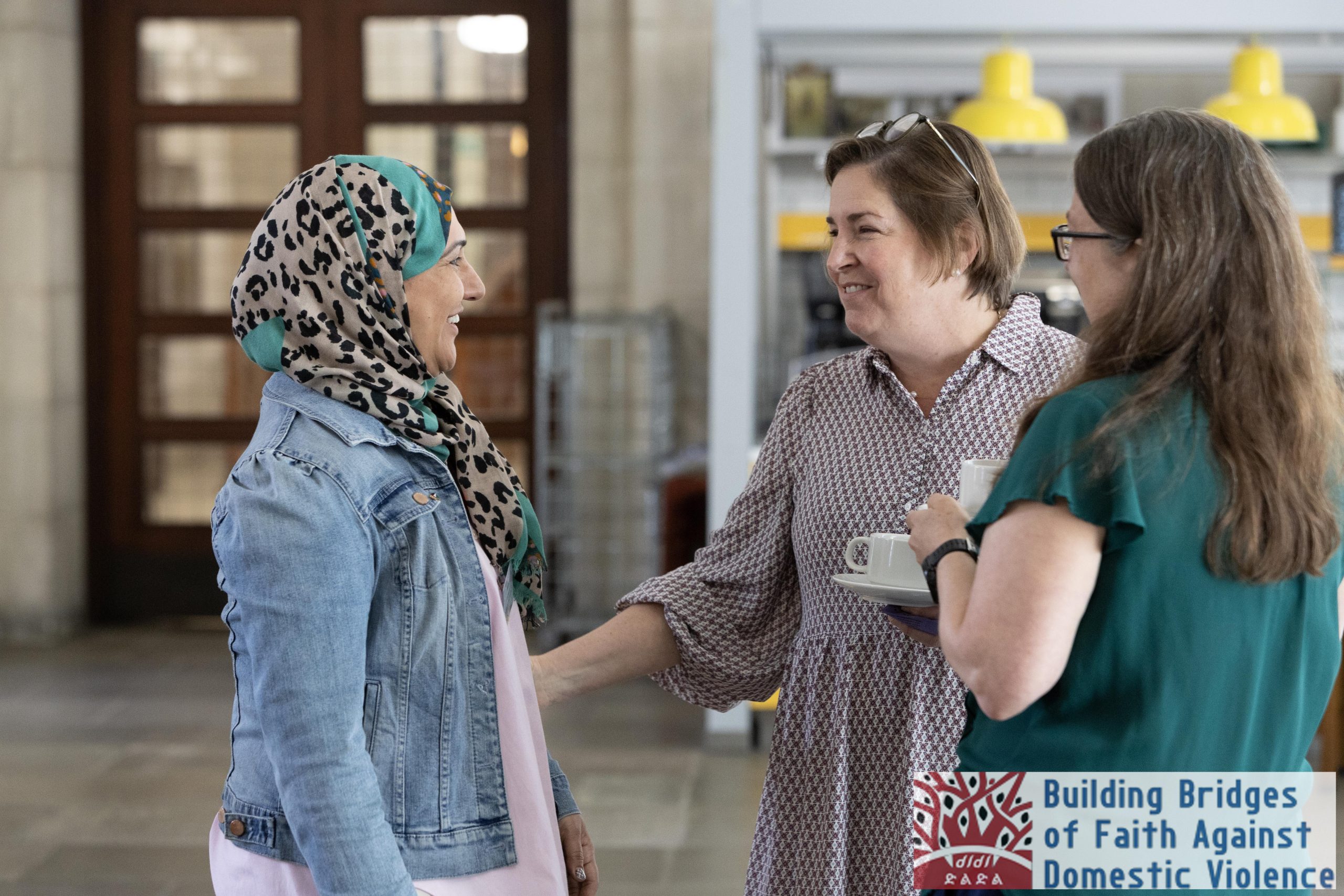
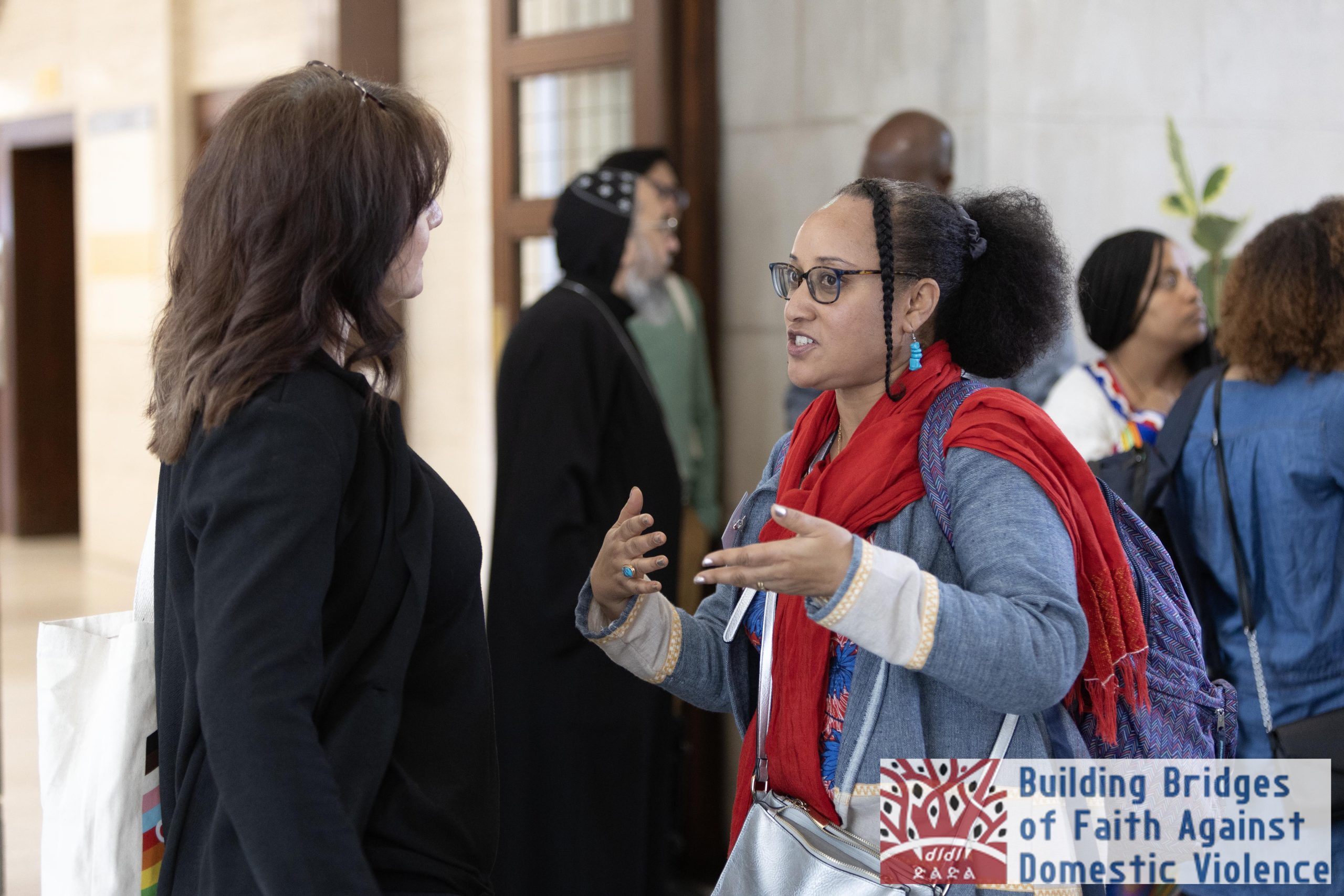
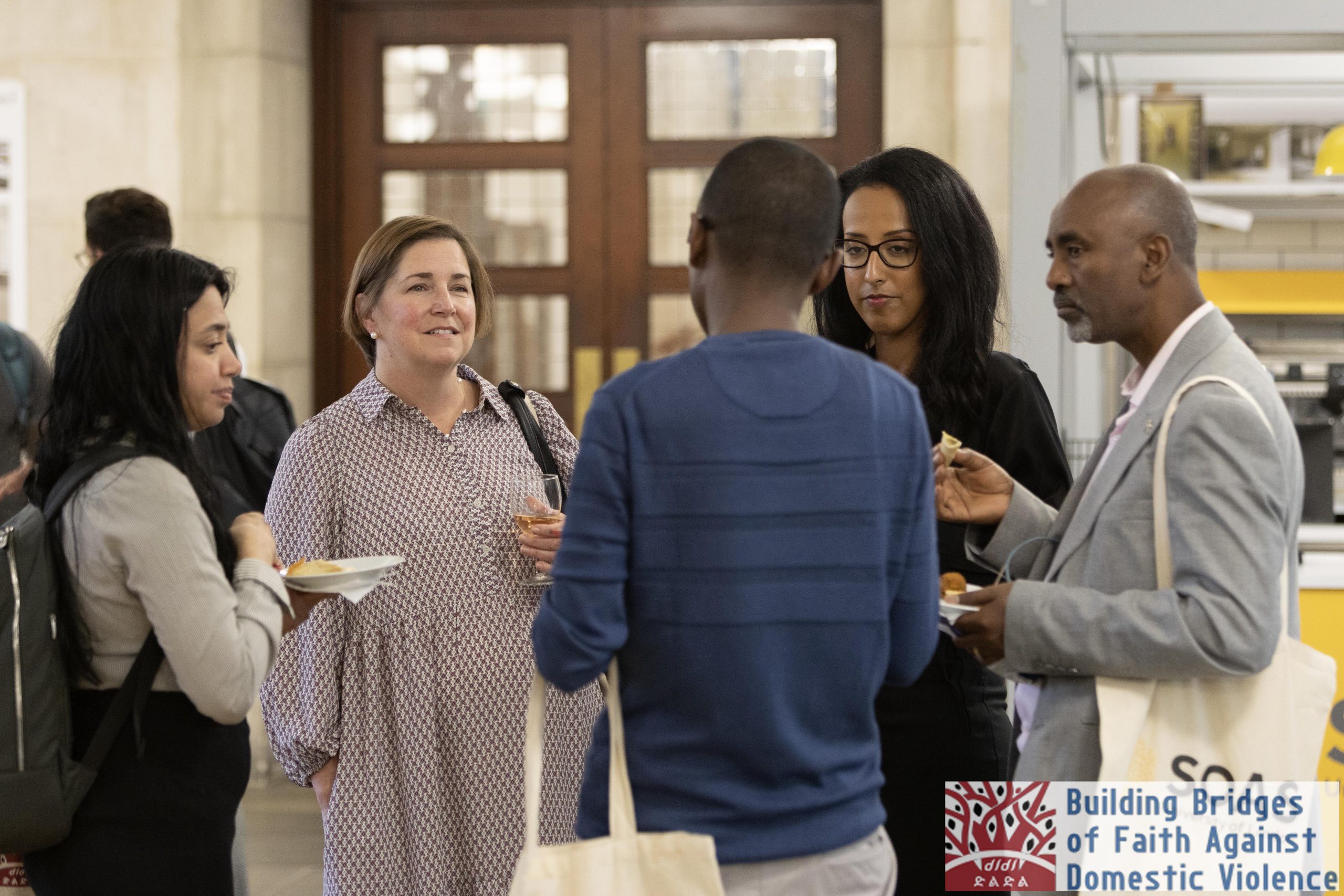
On the evening of the conference, Project dldl/ድልድል also held a screening of its docudrama ‘Tidar’, an educational film co-produced in Ethiopia and the UK to raise awareness about the role of religious beliefs and faith in domestic violence experiences.
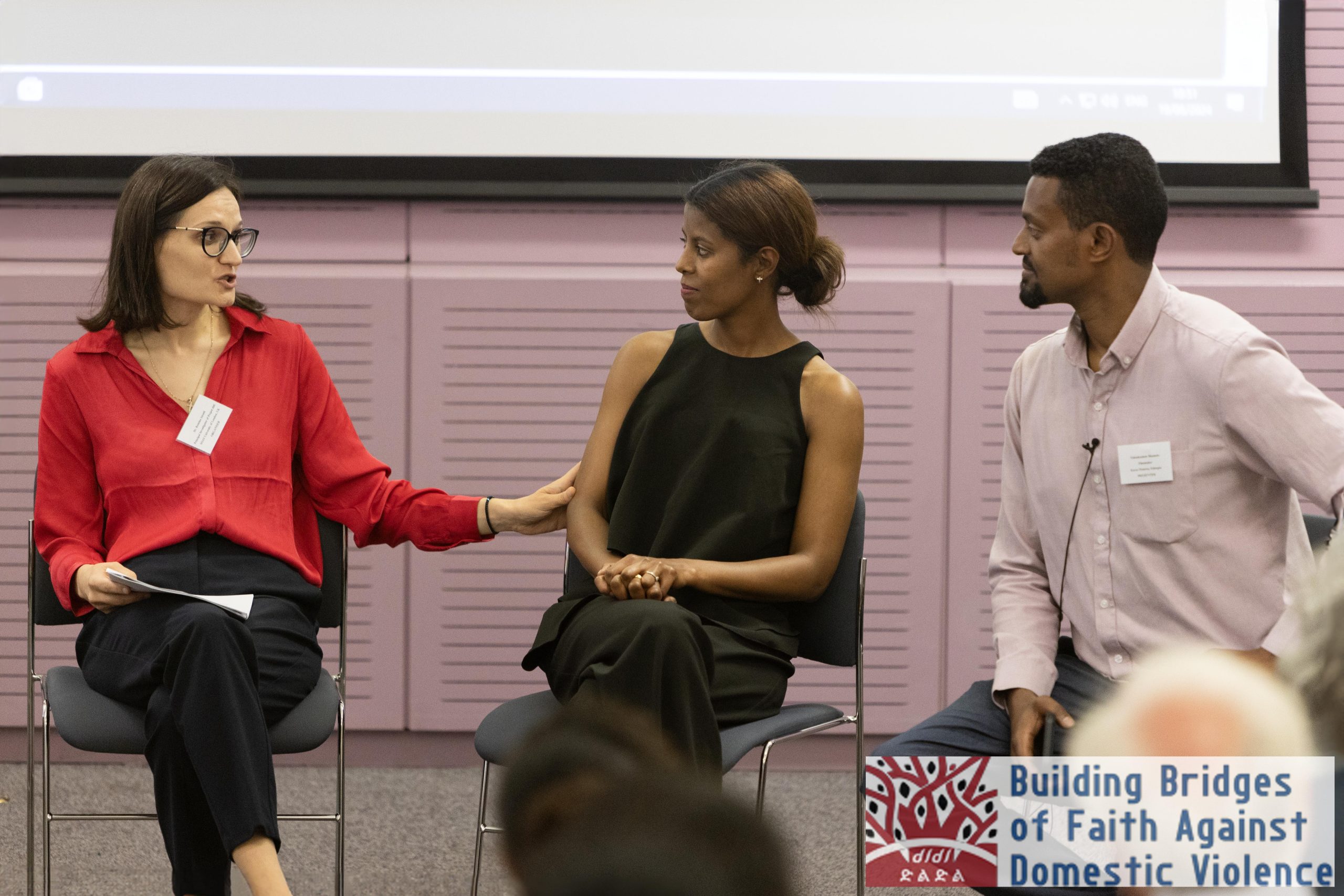
The conference sessions and the roundtable discussion were captured through a live illustration shown below.
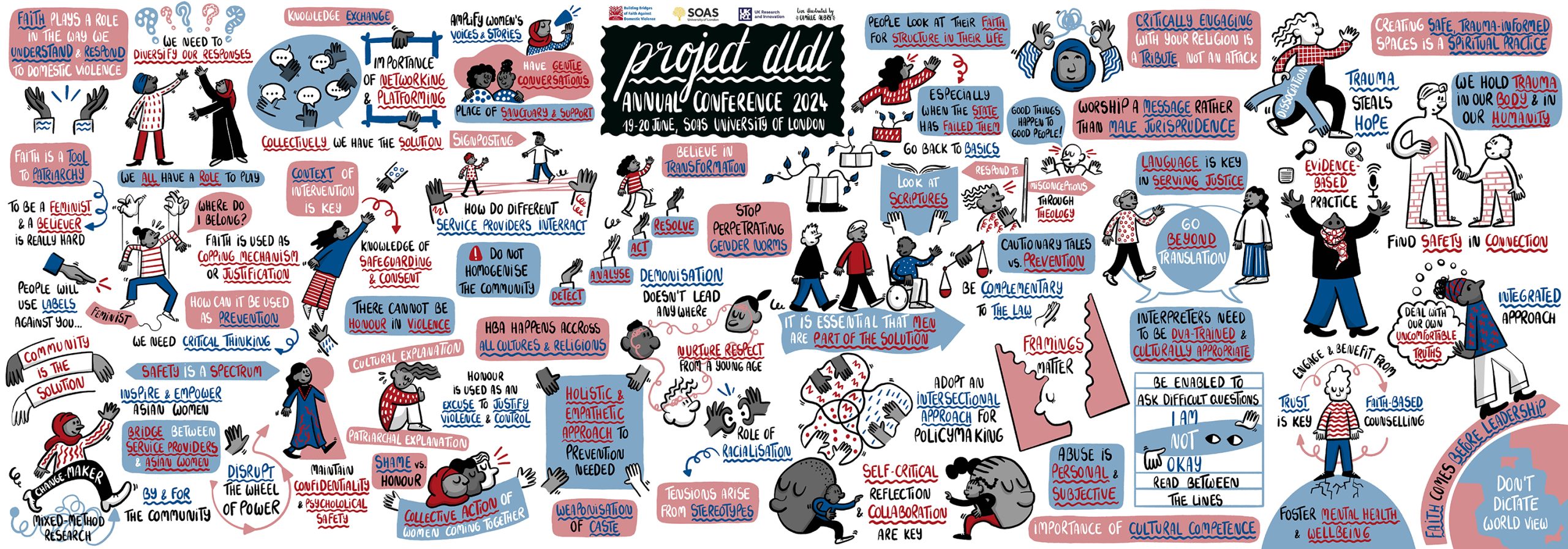
The illustration evidences the richness and depth of issues explored on the day, and the interconnections between the issue of cultural and religious competence in DVA services with issues of epistemological colonisation, racialisation, theological interpretation, trauma and mental health and wellbeing, which will be summarised by Dr Romina Istratii and the Project dldl/ድልድል team in a practice and policy brief to be submitted to the Domestic Abuse Commissioner following the elections period. The brief will be shared with all the conference participants for review and endorsement before circulation.
A post-conference survey has been circulated to start to capture some of the preliminary impact of the event. The results will be shared on the Conference Outcomes page in due time. Some feedback received after the conference through email (consent obtained) or through participants’ public social media accounts evidences the importance of holding such intersectoral and cross-disciplinary events to address topical questions around DVA in society and to mobilise effective collective action. Speakers and participants alike noted the diversity represented in the room, crossing disciplines, sectors, secular and religious boundaries, to foster genuine learning and to overcome siloed action. They also found the conference an illustrative example of decolonising practice and a safe and productive space to better understand and navigate DVA trauma.
“Thank you to you and your team for organising such a successful conference. It has really brought to life for me what decolonising practice means.” (Joanna Szuryn, Respect, email correspondence)
“There was so much to reflect, learn and many important points to be taking over within our organisation to collaborate and build bridges. Sadly VAWG is a persistent pandemic within pandemic and we cannot do it on our own, we need healthcare professionals, policy makers, funders and activists, feminists and most importantly men from all sectors particularly within faith institutions to be aware and sensitised around these issues and to stand and do more against the harm caused towards women due to male violence. There are women who are harmed at faith institutions and this issue cannot be ignored, Project dldl conference showcased good practices and the alarming gaps within UK to safeguard women.” (Aasifa Usmani, Coaction Hub Coordinator, AWRC Training Manager, email correspondence)
“I cannot highlight any one speaker or talk that stood out, I took something away from EVERY speaker, I spent two days with sisters and brothers from various disciplines but we all shared one common goal, to safeguard our communities from harm and violence.” (Sukhvinder Kaur, Chair / Faith & Exploitation Lead at Sikh Women’s Aid, LinkedIn)
“Honored to have attended the 2024 annual conference of Project dldl/ድልድል at SOAS University of London. Over two impactful days, we focused on building bridges of faith against domestic violence, exploring the intersections of Religion and Migration. Grateful for the insightful discussions and the opportunity to collaborate with dedicated professionals committed to making a difference. Kudos to the organizers for a successful event!” (Rev. Yigzaw Mekonnen, Executive Director of Fnot Social and Psychological Charitable Organisation in Ethiopia, LinkedIn)
“The conference contribution raised issues, evidence, and practices on faith communities’ involvement with the work needed within VAWG and learning from other countries that can provide good practice guidance. The conference brought international academics, scholars, researchers, policymakers, service providers and practitioners to a common cause. An exciting approach of having theologists’ perspectives is essential in moving forward with the work with faith communities in tackling domestic violence. This was an event of networking globally as participants came from England, Scotland, Ethiopia, and South Africa and were in attendance with the Domestic Violence Commissioner for England and Wales, Nicole Jacobs. A fantastic event.” (Aysha Ahmed, Founder and Director at Aasha Consulting, LinkedIn)
“Can I just say I that I found the conference healing, I grew up with domestic violence and it felt like debrief of that experience. Thank you!” (Anonymised, email correspondence)
